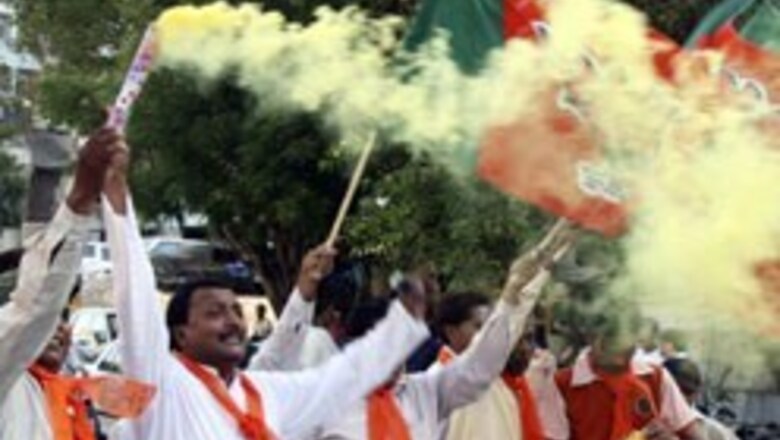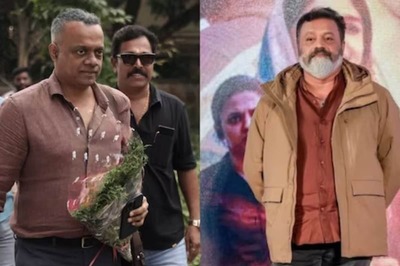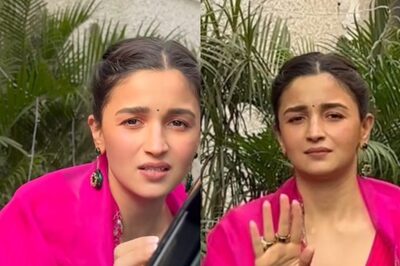
views
New Delhi: The Union Cabinet on Wednesday decided to restrain publication of exit polls till the last phase of elections is over.
Many political parties and the Election Commission have been demanding a ban on exit polls till the last vote was cast.
They are of the view that exit polls influence the voters and can also be easily "manipulated".
The Law Ministry had earlier proposed to amend the Representation of People Act of 1951 by inserting section 126 (b), "to restrict publication and dissemination of opinion and exit polls conducted during elections to the Lok Sabha and Legislative Assemblies".
Union Finance Minister P Chidambaram said a bill will be introduced in Parliament to amend the Representation of People Act to restrict exit polls.
The decision was taken at a Cabinet meeting chaired by Prime Minister Manmohan Singh in New Delhi on Wednesday.
Delhi, Rajasthan, Madhya Pradesh, Chhattisgarh and Jammu Kashmir will be electing a news Assembly later this year followed by the Lok Sabha polls early next year.
The move is seen as an effort to ensure that polls which are generally spread over several phases are free and fair.
The Election Commission, a couple of years back, had banned the telecast, publication or broadcast of exit polls during polls till the final phase of voting but media houses had approached the Supreme Court and got the order revoked.
In another politically significant decision, Government also decided to end de-reservation of posts meant for scheduled castes and tribes in central government jobs.
A law will also be enactment to enforce job reservation for SCs and STs by stipulating penalties on offices which do not implement them effectively.
Chidambaram said the Cabinet gave its nod to enact the Scheduled Castes and Scheduled Tribes (Reservation in Posts and Services) Bill 2008.
"Posts reserved for SCs and STs will not be de-reserved and they (vacancies) will be carried over," Chidambaram said.
PAGE_BREAK
The Central Government also proposed to set up a National Judicial Council to probe complaints against judges of higher judiciary.
The Judges (inquiry) Amendment Bill, 2008 will be soon introduced in Parliament which seeks to establish a National Judicial Council with powers to investigate complaints against the judges of higher judiciary and recommend suitable action after following the prescribed procedure.
"The provisions of the new Bill would bring transparency in the functioning of the judiciary and would also enhance its prestige. The Council will decide on the penalties on erring judges and judges alone will be members of the Council," Chidambaram said.
The Cabinet has also decided to withdraw the originally conceived Judges (inquiry) Bill, 2006 introduced in the Lok Sabha on December 19, 2006.
Referring to the recent cases in which judges were accused of serious misconduct, the Committee observed that the public expectation is high now and the Government should step in and gain the confidence of the people.
The recommendation came close on the heels of the Supreme Court allowing a Central Bureau of Investigation (CBI) probe in the Uttar Pradesh Provident Fund scam allegedly involving 34 judges and the impeachment move against a tainted Calcutta High Court judge.
The panel wanted to do away with the constitutional requirement for an impeachment motion having signatures of 100 MPs.
According to the Government the provisions of the new Bill would bring transparency in the functioning of the judiciary and would also enhance its prestige.
(With inputs from PTI)




















Comments
0 comment